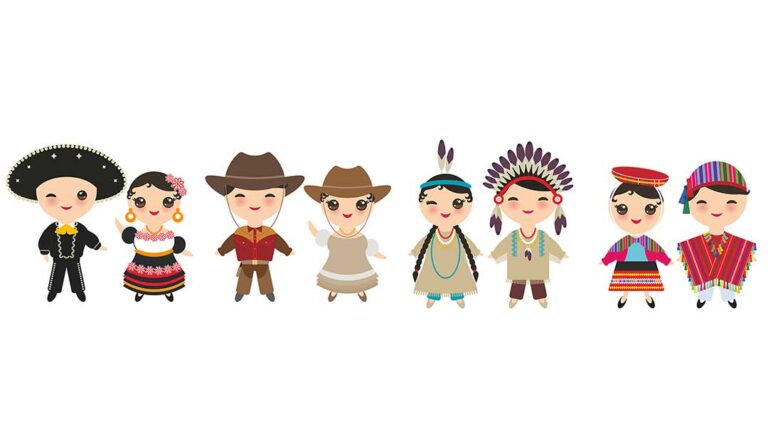Happy spooky season! Halloween is the only day we’re allowed to dress up as anything we want. However, we need to avoid cultural appropriation: the adoption or co-opting of cultural identity markers associated with or originating in minority communities by people with a relatively privileged status. That being said, it is necessary to educate ourselves about various cultures and the significance it holds.
A culture should never be reduced to a mere halloween costume. In fact, controversial costumes such as “Mexicans”, “Native Americans”, the “Geisha”, those that emulate Hindu deities, or blackface costumes are disrespectful and oversexualized due to certain fetishes against a specific community, because they’re essentially attempting to label members of a community as a certain aesthetic. Since picking a costume without offending another community might be challenging — especially for those who are new to the concept of “cultural appropriation”— here are some things to think about before deciding on a costume.
First, make sure that your costume does not reduce sacred clothing to a “fun” costume. Stereotypes, historical inaccuracies, or misinformation should not be perpetuated, as people of color (poc) already experienced enough trauma and discrimination from these. Second, keep in mind that your costume should not be “humorous” because it indicates the stereotypes of poc. For example, never darken your skin to portray the very skin color that poc have been bullied for having.
For those who still do not understand the problem behind this issue: “Pocahontas”, or anything of the sort, is not a cute costume. Fetishizing Native women is dehumanizing and thus contributes to issues such as missing or sexually offended Indigenous women. Cultural appropriation is something we encounter everyday. Therefore, it is important to recognize cultural appropriation in our own lives and understand how it can be harmful to other cultures. Let’s keep in mind that ignorance is not bliss when it comes to serious issues like cultural appropriation and spread awareness regarding this issue. Again, Happy Halloween!
by. Bethany Hwang


